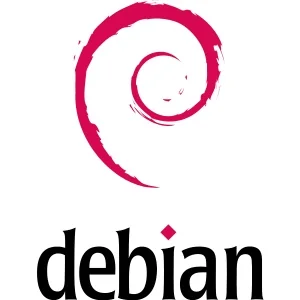New Features Coming For Debian 7.0 "Wheezy"

- EXT4 is now the default Linux file-system! Debian GNU/Linux on new installs is finally having the installer use EXT4 by default over EXT3. Obviously you can still configure your file-system options manually from the Debian installer, but years after other distributions migrated to EXT4, Debian GNU/Linux is finally making the move.
- Systemd is available in Debian as an option. SysVinit is still the default but apt-get install systemd can be done for switching over to systemd on Debian GNU/Linux.
- Desktop options include GNOME 3.4, KDE 4.8, and Xfce 4.8. Debian GNU/kFreeBSD and Debian GNU/Hurd are using the Xfce desktop by default.
- The libav media project fork is replacing FFmpeg.
- OpenStack and Xen Cloud Platform are new server options for Debian Server.
- Debian GNU/Linux now has real-time (RT) kernel options by installing the linux-image-rt-amd64 or linux-image-rt-686-pae kernel packages.
- The Debian Installer now supports UEFI installations on x86_64 hardware. The Debian Installer also has WPA/WPA2 wireless support.
Many of these new Debian 7.0 features are items that came to other Linux distributions long ago, but this is simply the pace at which Debian prefers to play. Debian GNU/Hurd and Debian GNU/kFreeBSD have also moved along much during the Wheezy cycle and will be the focus of special Phoronix testing.
More changes to Debian 7.0 "Wheezy" are covered by the Debian "NewInWheezy" Wiki.
11 Comments

